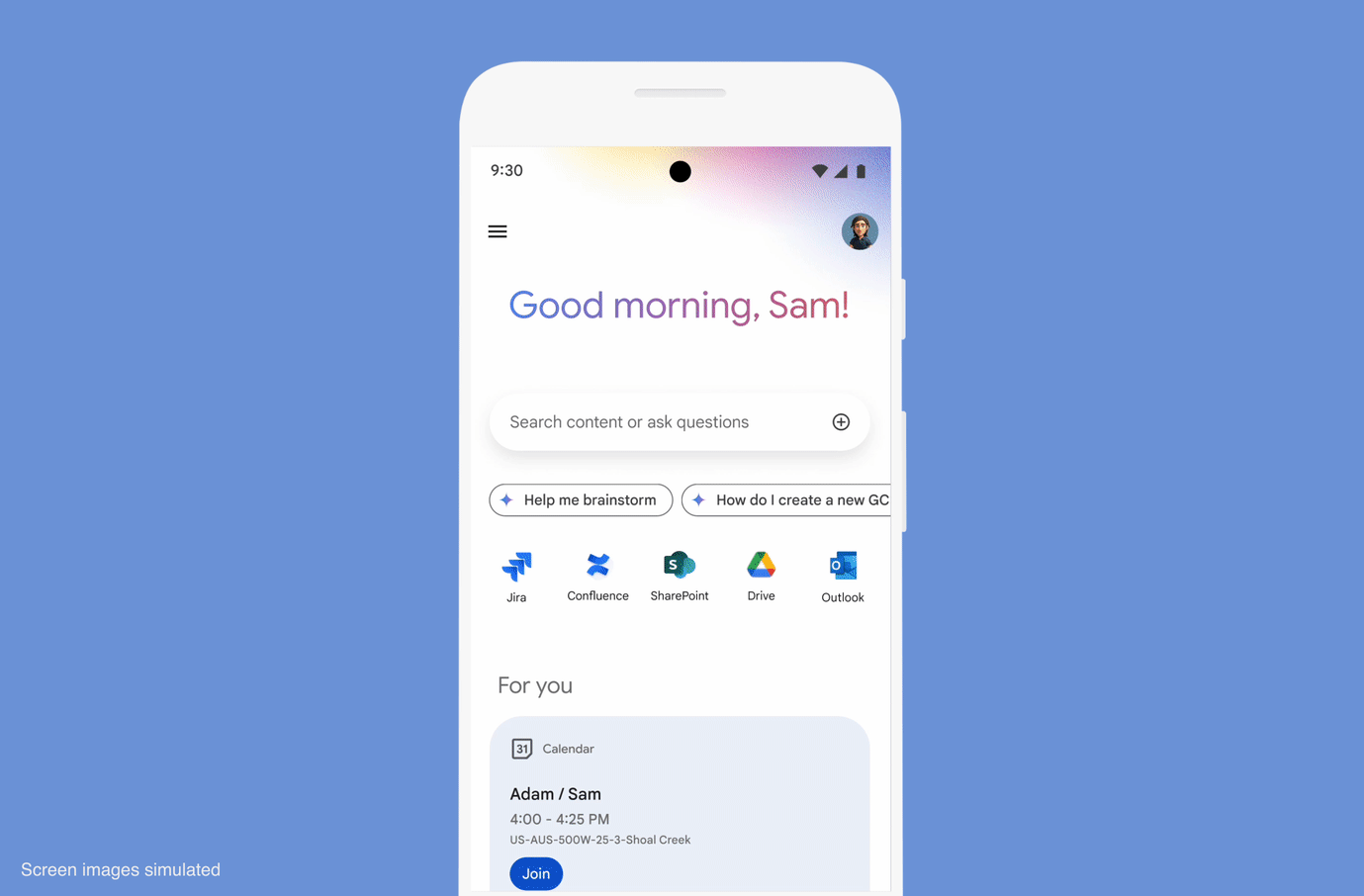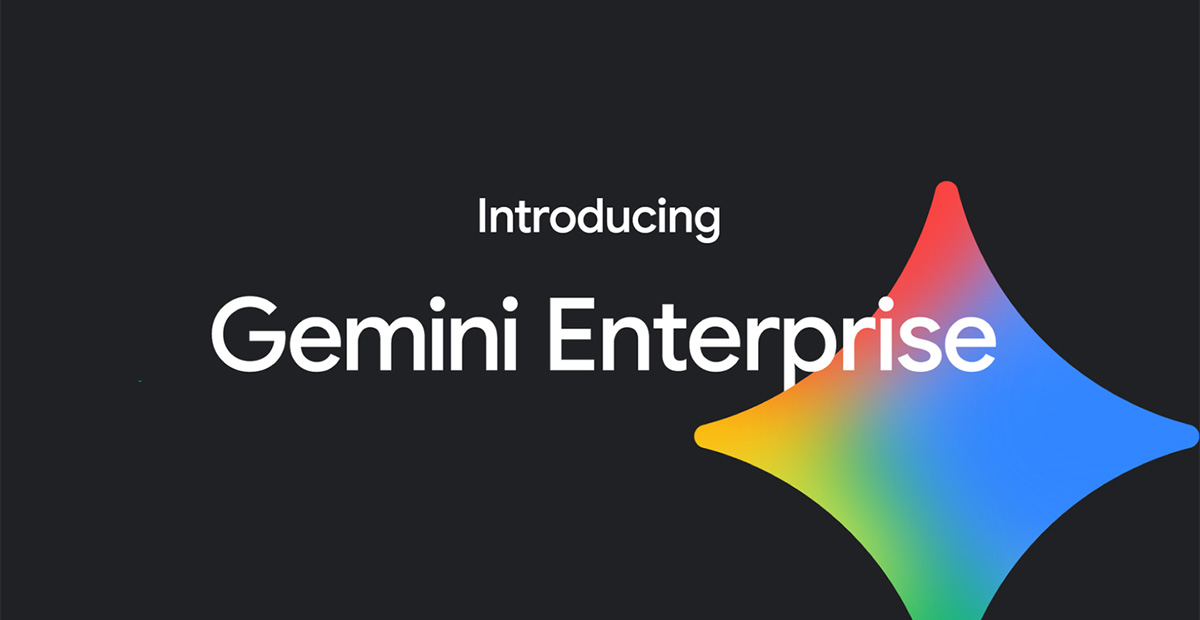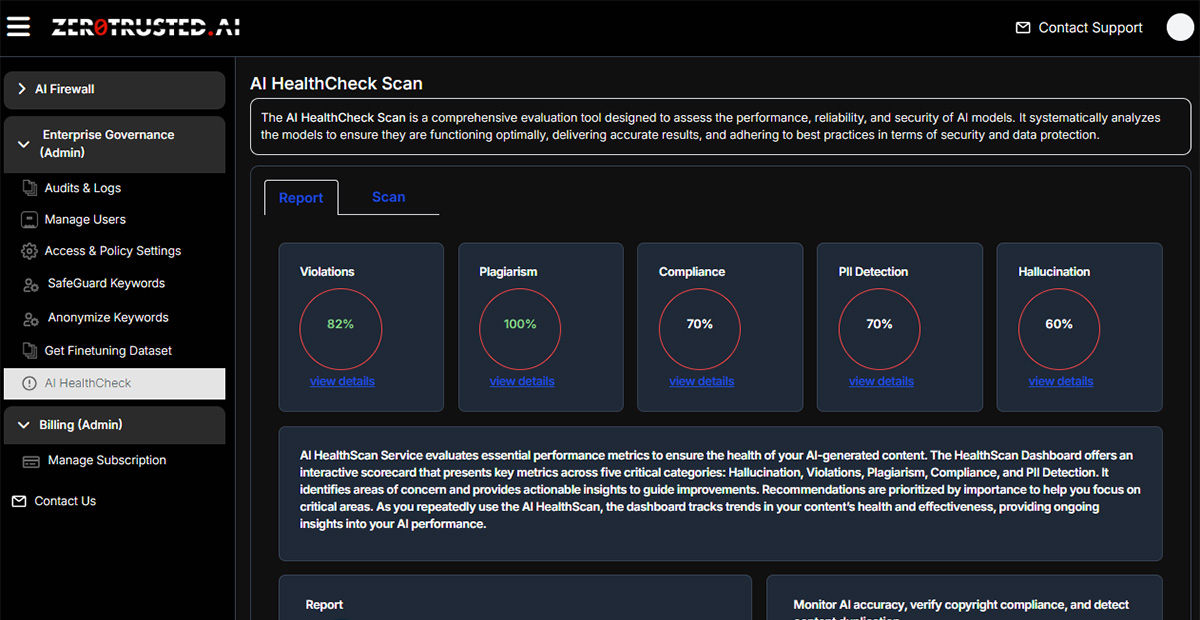
At their core, these are software applications designed to achieve specific goals autonomously. They perceive their environment, reason about the best course of action using available inputs and tools, and then execute those actions. Think of it like ordering food at a restaurant: you state your desired dish, and the restaurant, acting as an agent, handles all the steps to prepare and deliver it.
AI agents as we know today are part of a larger evolution (as per NFX)
- Generalist Chat: AI tools that provide general assistance, but require human context
- Subject Matter Experts: AI tailored for specific industries, still needing human input
- AI Agents: AI that can execute tasks autonomously with human oversight -> we’re here!
- AI Innovators: AI capable of setting goals and exploring creative paths
- AI First Organizations: network of AI agent, AI Innovators, and human overseers
While Generalist AI tools and subject matter experts act as “co-pilots” (chat-based), the new generation of AI agents can be described as “auto-pilots” (action-based). Today, we are somewhere in between the “co-pilot” and true “auto-pilot” solutions. As they evolve, agents will increasingly impact corporate efficiency, customer satisfaction, employee output, and much more.
Here are additional characteristics that define an AI agent
- Autonomy: operating without continuous human intervention, but with supervision
- Perception: gathering information from environment such as user input, APIs, and sensors
- Decision-Making: analyzing data and applying internal logic to determine best course of action
- Learning: adapting to new situations and redefining strategies to reach specific goals
- Use of Tools: leveraging external sources such as web, APIs or other AI agents
- Proactive Behavior: initiating actions rather than reacting to commands
The transformative power of this new phase within the AI revolution is enormous. We can already see customized agents for specific industries (financial services, health,…), functional areas (HR, operations,…), tasks (scheduling, ordering,…), and the like. In fact, the Global Agentic AI market size is expected to grow to $196.6 billion (from $5.2 billion in 2024).
As one might expect, agent fragmentation and governance poses a challenge to organizations alike… and here’s where Google Agentspace comes in.
Google Agentspace
Google’s new platform simplifies the deployment of AI agents. It allows organizations to quickly customize agents for specific roles and tasks within a single platform. In addition, it facilitates access to corporate data and tools (also known as “enterprise truth” or “grounding”), respecting privacy, security, and governance controls of the enterprise
Google Agentspace offers a powerful combination of features
- Information discovery: connecting to all the data sources within the enterprise and providing Google-quality search so employees can find the correct information (breaking down data silos).
- Multimodal chat: using the latest Google’s Gemini models, agents are designed to take actions (integrated directly into employee workflows).
- Central hub: accessing all agents across the enterprise regardless of which team developed them or where they’re located.
When it comes to actual agent deployment
- Pre-built agents: accelerating projects with “Expert Agents” or Marketplace (partner developed).
- No-Code builder: democratizing AI development with ready-to-use, low-code / code tools.
- Bring your own model (BYOM): ensuring maximum flexibility for advanced users.
There’s truly no limit to the personalization of AI agents (both for personal and corporate use). It is quite exciting to imagine hyper-personalized agents helping us all achieve new levels of productivity. Indeed, multi-agent systems (composed of individual agents) will become more and more common (managed by the Agent2Agent protocol).
Yes, AI agents are much more than just automating tasks, and represent a real transformation on how we work and live. Are we on the path to the so-called “auto-evolving business” era?


